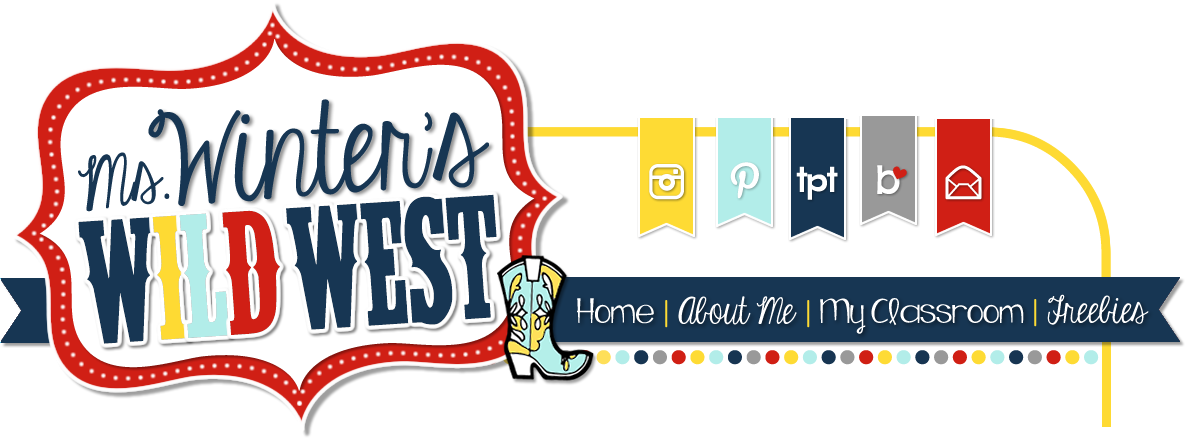So far, this book is sounding similar to many things I have heard in recent Professional Development and other readings. In my classroom I am already using some of these strategies, but am I teaching my students how this is helping them learning?
Some of the implications on teaching would be to continue using the following strategies.
•Low Stakes Quizzing should
be introduced to help student’s metacognition. For Example:
•Exit
Tickets
•Questioning
After Reading
•Students
should learn how to use self
quizzing. For Example:
•Accountable
Talk and Student Questioning
•Student
Created Tests/ Quizzes
•Teachers
should space
out practice of
topics to keep students at the level of mastery.
•Spiral
Curriculum
•Math
Tubs/ Stations
•Topics
should
be related
to other topics and
interwoven throughout the curriculum.
•Subject
Integration
•Complex
Projects
•Students
should use information to solve
hard problems.
•Problem
Based Learning
•Complex
Thinking
•Differentiated
Problems
Teachers should stop stressing rereading for review, teaching concepts in isolation, and allowing students to simply restate the text.
One thing I know I can improve on in my classroom is to teaching my students to learn from mistakes, and not to treat them as failures. Many of my students get frustrated when they get a problem wrong, rather than looking at what mistakes led them to get the wrong answer. I am hoping to integrate a new section into our problem of the day called Meaningful Mistakes. We will review fake student mistakes and determine what the student understands and where the student needs clarification. When students are more comfortable, I will allow them to submit their "meaningful mistake" dry erase boards and we can review them as a class.
Well, that is all for today!
Coming Soon-- Chapter 2: To Learn, Retrieve



No comments:
Post a Comment